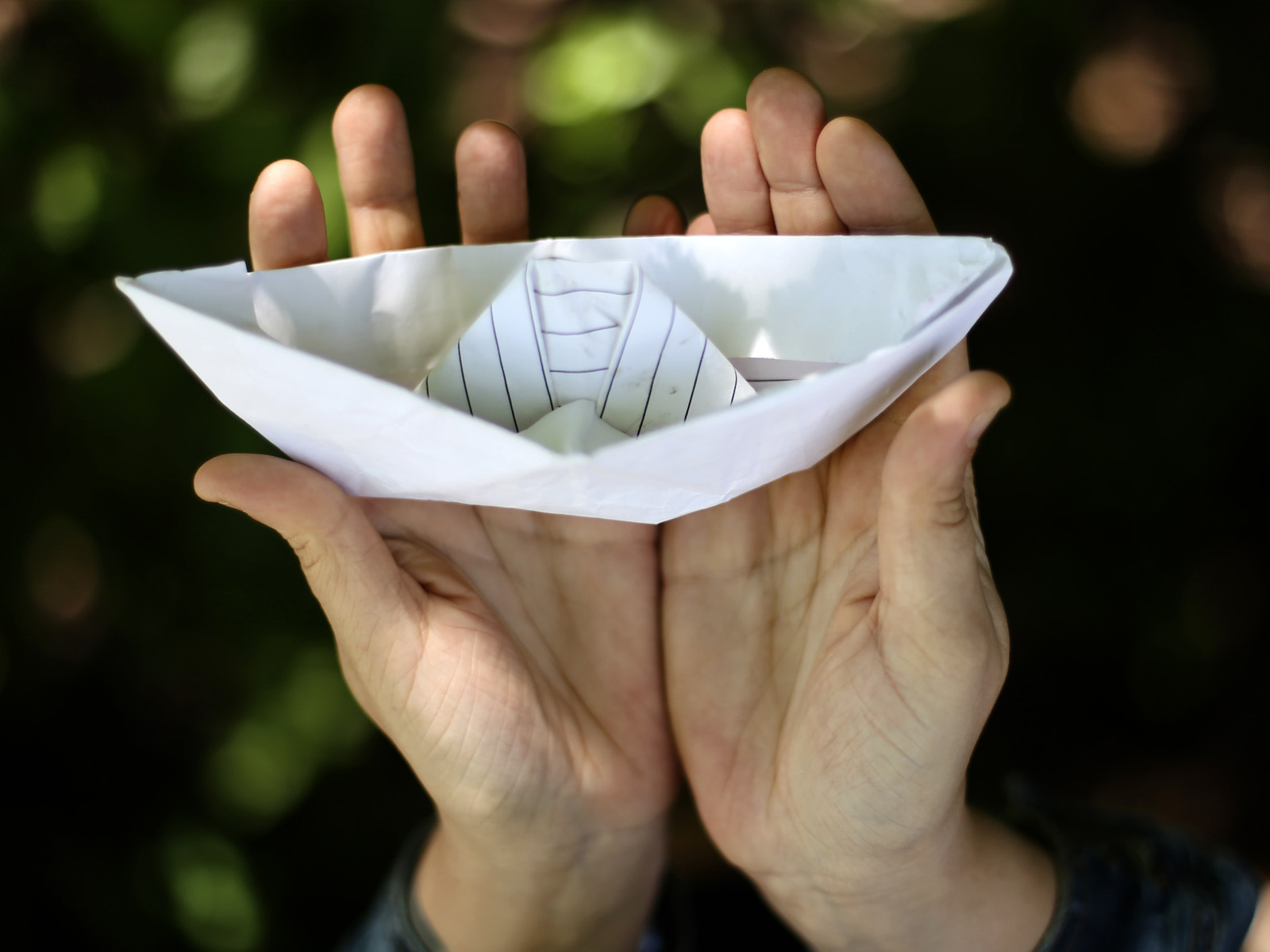Three Thousand Years of Waiting Ends at Ayvalık Film Festival
While life on the boat is becoming widespread all over the world, the number of children growing up on the boat is also increasing. Homeschooling is also being replaced by boatschooling.
2.jpg)
For some children, a boat is both home and school. For them, the dinghy is the school bus, the deck is the schoolyard, and the chart table is the desk. Unlike their peers, they wake up at sea, learn at sea, and are trained at sea.
A study conducted in the United States reveals that parental approval of distance education has increased dramatically over the years. When it comes to boatschooling, of course, reservations increase. The lack of space, disconnection from the internet, the limited opportunity to socialize and the difficulties that can be created by constant relocation continue to be discussed. Despite this, there are not few who argue that when necessary steps are taken, homeschooling will give better results than mainstream education.
We can list the difficulties of boatschooling as follows: Maintaining the daily routine for the child, allocating a certain space as a classroom on the boat, acquiring school materials, avoiding distractions, that everything takes longer than normal on the boat, lack of suitable environment for additional studies such as experiments, finding a teacher to take private lessons when needed. In addition, the limited opportunities to compete with other students can be considered as a deficiency for the development of the child.
3.jpg)
As we've completed its downsides, let's take a look at its upsides:
- Living on a boat means constant exploration. In extracurricular times, children can find an unlimited number of topics to explore, from wildlife to different cultures, and they can engage in many types of sports.
- Many positive character traits such as team spirit, kindness, helpfulness, frugality and solidarity develop easily in boat life. On the other hand, they almost never witness negative situations such as bullying.
- The quality of social relations spent in extracurricular times is indeed very high. Because they meet with many children from different cultures, they have the opportunity to experience the habits of different cultures at first hand.
- There are many rewards to offer children around for completing their homework. They know that when their lessons are over, they will not be able to get enough of swimming, diving, playing, and traveling and climbing if they are on the shore.
- You have the opportunity to encourage children to read, especially during long journeys. Because the internet connection is poor or unavailable. Thus, children are not glued to YouTube even if they want to do so.
- Children who receive education on a boat are much less exposed to consumer and media culture. As a matter of fact, there is no television on the boat, and shopping opportunities are much more limited than normal.
The pros and cons of the boatschooling are evident. The call is up to the parents indeed. But for those who make the bold choice to spend their life on a boat, the answer seems certain right off the bat.


